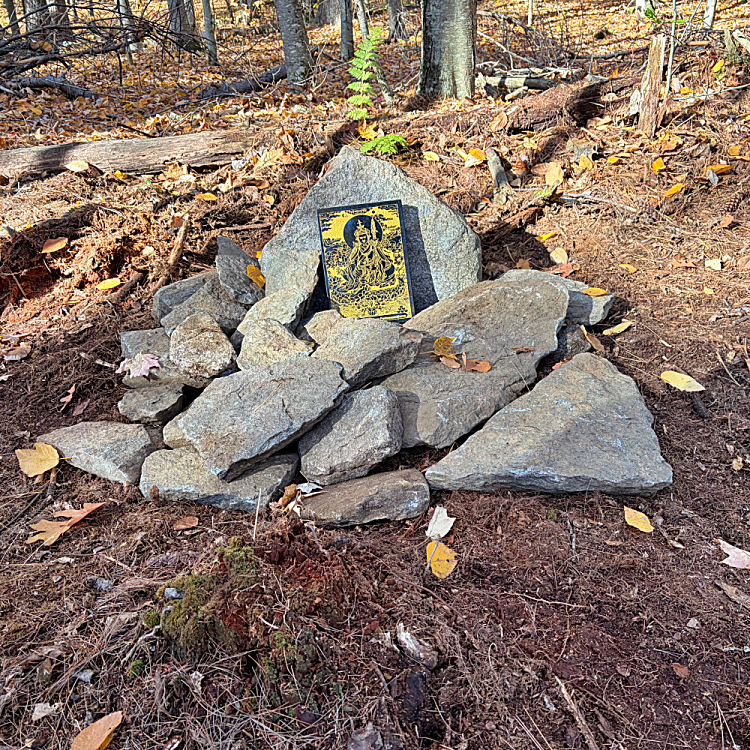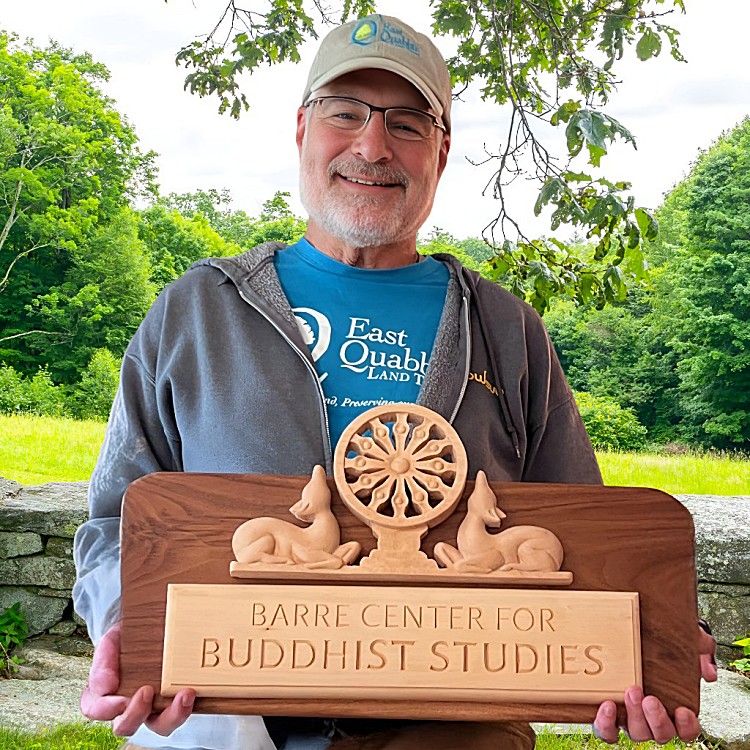BCBS warmly invites you to join us for a six-week donation-based online course with Oren Jay Sofer this summer, Wise Speech: An Introduction to Mindful Communication, on Tuesdays starting June 3.
Wise Speech: A Path for These Times
by Oren Jay Sofer
Our toddler swings at me for what is probably the tenth time in a row. I take a deep breath. “Are you mad? I won’t let you hit me—do you want to hit the pillow?” The heaviness of the headlines fades as my world narrows to this one interaction with my son, who I love with all my heart, yet who pushes me to my limit in moments like these.
Some days, it’s hard to say what’s more challenging: the dizzying pace of change and collective pain we’re living through, or raising two small children under the age of three. (Honestly, most days it’s parenting.)
Communication is where practice meets real life. There’s a reason the Buddha singled out “Right Speech” in the Noble Eightfold Path. Words are powerful. They can heal or hurt, soothe or enflame, unite or divide. Communication is hard. It’s messy. And for all of these reasons, it’s also a ground for deep transformation—if we’re willing to take it on as a practice.
The Gap Between Insight and Speech
I first noticed the gap between my formal meditation and my communication in my twenties, while working as a cook for retreats at the Insight Meditation Society. Though I wasn’t touching profound insight or bliss on the cushion, I was enjoying some peace and calm, along with the uplifted warmth of wishing all beings be well.
How quickly that tranquility evaporated when conflict arose: a fellow cook steamed the broccoli longer than I liked; a team decision didn’t go my way. My heartfelt aspirations were even less accessible when talking to my family.
The Buddha offered inspiring teachings on Wise Speech, but little technical guidance on how to implement them. Meditation cultivates insight into change and suffering, but without a method, those insights don’t always translate into our conversations.
Bringing Speech into Practice
During this same period, I came across the work of Dr. Marshall Rosenberg, a psychologist who developed Nonviolent Communication (NVC)—a rigorous awareness practice that uses speech as the arena for transforming consciousness. NVC invites us to shift from default habits of control to principles of collaboration, compassion, and generosity.
NVC offered practical tools to embody the deeper intentions of Wise Speech. Rosenberg’s approach trains us to distinguish between direct observations and the interpretations we add, to take more responsibility for our emotional reactions, and to transform our relationship with deeper needs—so we can respond with greater compassion and care.
As I practiced, I saw shifts in my relationships, felt more agency, and discovered more tenderness for myself. Speech became a daily field of practice: not just two, 45-minute sessions on the cushion, but many hours a day. Now, when I feel defensiveness rising in a conversation with my wife, if I pause and get curious, I can better understand her needs and perspective while staying connected to my own.
Practicing Wise Speech involves more than what we say. It includes when, how, and why we speak. It includes how we listen. It invites us to examine our motivations and develop discernment. It cuts to the heart of our sense of self—our feelings, needs, and attachment to being right.
In communication practice, we expand mindfulness beyond the narrow domain of internal experience to truly include others—what the Buddha called being mindful “internally, externally, and both internally and externally.” We enter the complexity of relationship, with all its positionality, power, and embedded histories. And we cultivate wholesome qualities: humility, honesty, patience, fierce truth-telling married with genuine kindness.
A Practice for our Time
This training extends beyond close relationships. Wise Speech is a vital resource for staying human in times of injustice, disinformation, and division. In the face of systemic violence—from mass incarceration to deportations to the ongoing horrors in Gaza—our words can perpetuate harm or help interrupt it. They can bridge difference, restore dignity, and help us metabolize what feels unbearable.
In moments like these, when so many remain silent in the face of unspeakable brutality, choosing to speak can be an act of conscience—and a way to affirm our shared humanity.
While speech alone can’t mend all that’s broken in our world, it plays a vital role in how we engage, repair, and reimagine together. I think of courageous individuals speaking out under pressure—from judges striving to uphold integrity in the courts, to climate scientists affirming the truth, to activists naming harm with clarity and compassion.
Communication becomes a powerful site of practice: Are we adding to fear and despair, or creating space for understanding, integrity, and truth? Even amidst conflict or collapse, the way we speak can be a refuge, a bridge, a seed of something new.
Three Tools for the Path
At the same time, all of this can feel daunting. Communication habits run deep. But the good news is, it’s entirely possible to shift these habits, one step at a time. As the Buddha said of Right Effort, “If it were not possible, I would not ask you to do it.”
There are many ways to practice Wise Speech. Whether you’re just starting out or looking to go deeper, here are three tools to guide and grow with you.
- Lead with presence: Before talking about what happened, how you feel, or what you need—can you simply show up? To find clarity and connection, we need to be here. Without presence, we lose access to our tools or best intentions. Experiment with what helps you be more present in conversation: a breath, a pause, slowing your pace. What shifts when you’re more here?
- Come from curiosity and care: The Buddha emphasized the importance of motivation. Where are you coming from in conversation? Habitual impulses to be right, blame, or defend? Real dialogue rests on the quality of understanding and connection we create. What would it be like to root yourself in good will and get curious? Curiosity softens reactivity and opens the door to insight. Let go of the outcome a little, and take sincere interest in the other’s experience.
- Root your speech in ethics: The Buddha encouraged us to speak that which is true, useful, kind, and timely. Take time to reflect on these guidelines. What are your strengths? What needs development? What’s the deepest truth you know about this situation? Can you acknowledge what you don’t know? Kindness doesn’t mean being passive or condoning harm—it means refusing to let the heart be poisoned by hate. And always consider context—from time and place to power and positionality.
Integrating these principles takes dedication and patience. But even one small shift can change the trajectory of your life and relationships.
When my toddler covers his mouth and refuses to brush his teeth, I try to pause, breathe, and connect. Sometimes I meet him with empathy, sometimes with play, making up a silly song. Either way, I’m training. This is the path. Speech is where our practice comes alive.
If you’d like to learn more, join me for my six-week donation-based online course, Wise Speech: An Introduction to Mindful Communication, which starts on Tuesday June 3rd.
With care,




